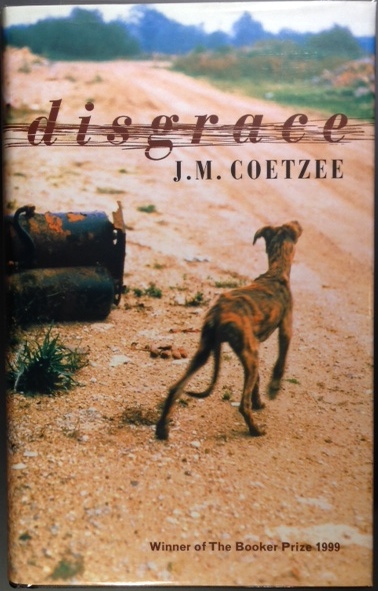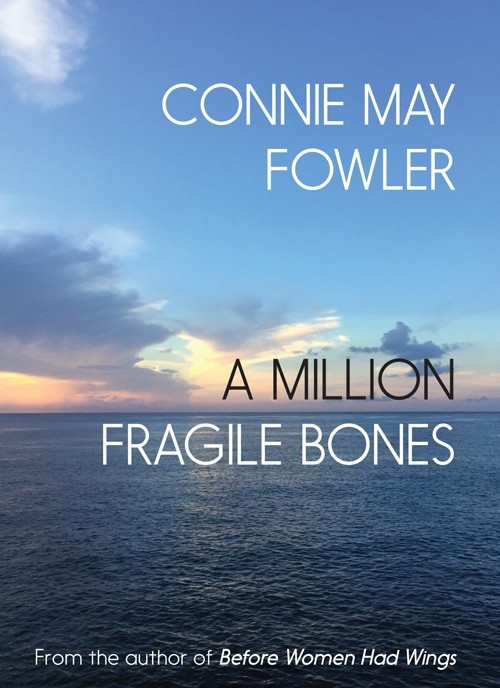Tags
When Booker Prize-winning Disgrace by J.M. Coetzee was first published in 1999, reviewers focused more on the novel’s secondary plot element–racial tensions in post-apartheid South Africa–than the forefront sexual misconduct of its protagonist; they sidestepped or all but disregarded David Lurie’s ‘disgrace’, giving only token summaries of his actions sans critical commentary. Doubtless these reviewers would present a different focus today, in the heightened awareness brought about by the #MeToo Movement. More recent comments by readers on sites such as GoodReads indicate that such a protagonist is today less tolerable or more of a trigger to readers, although even those who hate the protagonist often still come away admiring the novel.
The novel’s protagonist, Professor David Lurie, is in many ways a modern villain of sexual misconduct. Coetzee neither excuses nor revels in this misconduct, but rather paints the portrait of the man in all his depth, conflict, and nuance.
David Lurie is an unapologetic womanizer. He cannot see women as anything but sex objects. When he is tried by a college board for his relationship with a student, he refuses to make an apology, but freely admits his guilt. His only defense is that he was following his natural desires. This makes him an odious protagonist, but he garners some grace simply by seeming somewhat disgusted by, and resigned to, his own odious nature; after losing his professorship, he works at a veterinary clinic and compares himself to the dogs that he helps euthanize, because they are slaves to this base nature and their glory days have passed. Like the dogs, he feels he may as well be put out of his misery—not so much because he feels sorry for himself, but simply because he no longer serves any use for the world.
While he would have contented himself with living out his old age at pasture and refusing any form of rehabilitation or reconciliation with his inappropriate behavior, he is forced by violent circumstance to examine his misdeeds from another angle. It is here that he is forced for the first time to witness the ugliness of his own nature from outside himself, as a victim and father of a victim. This does not bring about the simple revelation and redemption that a reader might imagine. It instead becomes a mighty struggle, but a struggle of nuance and complexity that happens beneath the surface while his actions fly in the face of this inner turmoil and he goes through the motions of trying to maintain his shameful ways, all despite new humiliations. He becomes increasingly a pitiable recidivist figure, and not in a way that excuses his behavior.
The culmination of the inner struggle with his nature manifests itself as he begins trying–in the midst of his pitiable, penniless, and ultimately lonely retirement–to create an opera about Lord Byron and his mistress Teresa, Contessa Guiccioli. Through this lens he begins to recognize his flaws. He imagines himself as Byron, who he himself describes as a rapist. He realizes his own inability to understand the feminine point of view, and so his Teresa sections fall flat. He is self-involved along with his Byron, but comes to recognize he is trapped by his own passions toward women. He is nothing without the women he lusts after, and even as he imagines they are his sustenance and the wellspring of his life, he realizes he knows nothing of them.
Six months ago he had thought his own ghostly place in Byron in Italy would be somewhere between Teresa’s and Byron’s: between a yearning to prolong the summer of the passionate body and a reluctant recall from the long sleep of oblivion. But he was wrong. It is not the erotic that is calling to him after all, nor the elegiac, but the comic. He is in the opera neither as Teresa nor as Byron nor even as some blending of the two: he is held in the music itself, in the flat, tinny slap of the banjo strings, the voice that strains to soar away from the ludicrous instrument but is continually reined back, like a fish on a line.
Coetzee accomplishes much with this novel. The subtlety and complexity through which the main character manifests is itself remarkable. The professor seems entirely immutable throughout the novel, except we feel the tremors of tectonic plates shifting beneath the surface, and as readers feel some inexorable force that will eventually lead him to some revelation or change. Coetzee paints a portrait of sexual misconduct and racial tensions in South Africa with sensitivity and artistry rather than judgment. Here is a character that must by definition be labeled an antihero, but rendered with enough depth and truth to remind us that great literature is not about likeability.



